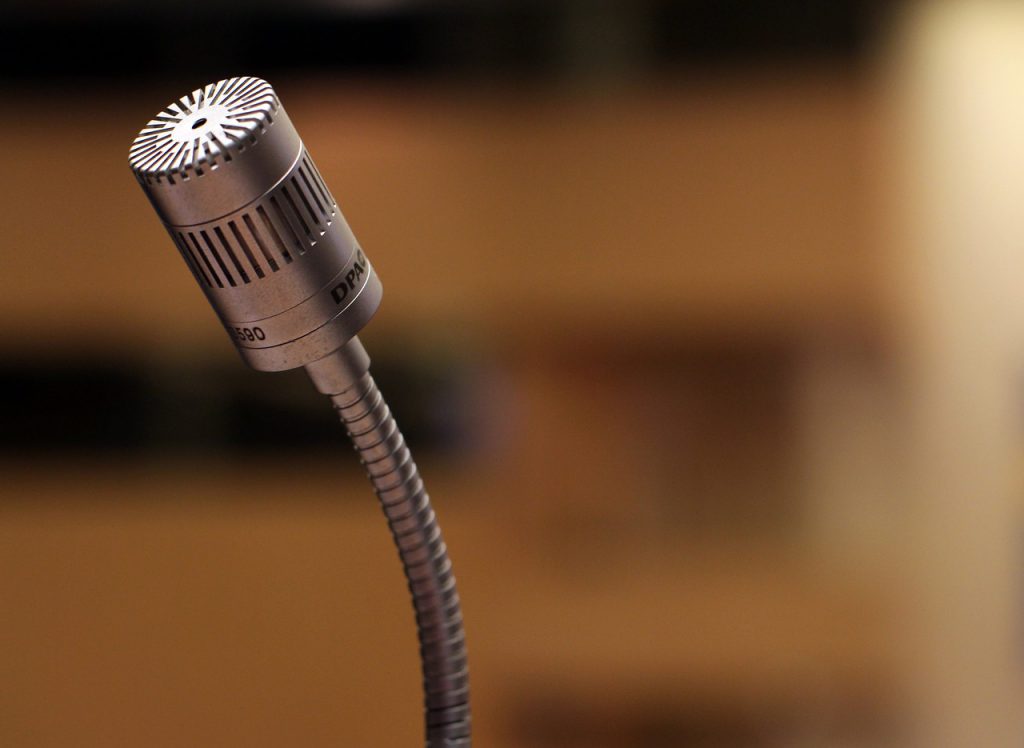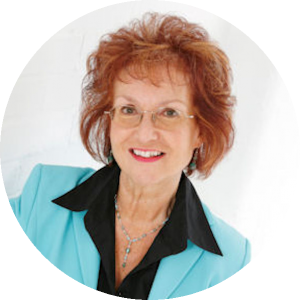Nothing seems to anatomically, chemically and beneficially alter your brain the way MUSIC can.
What came first: language or music? Neuroscientists once thought that language was the crucial skill on the C.V. of the human brain and the thing that really set us apart from animals. Music has the structured noise which we like because it mirrors how we process grammar and speech patterns. Music also engages parts of the brain that are not stimulated by LANGUAGE and it is possible to be musical and completely non-verbal.
ALPHASIA – the loss of speech comprehension or production – frequently occurs following a stroke and leaves many people unable to speak, feeling isolated and depressed. But often these people can still appreciate and create music.
Worldwide 15 million people suffer strokes every year and speech difficulties are one of the most common outcomes. Therapists in the 1940’s developed MELODIC INTONATION THERAPY, using melodies and singing to help stroke victims regain speech.
More recently research in the 1970’s found that when a stroke damaged areas in the left hemisphere of the brain, which crucially affects language, music training can cause regions on the undamaged right side of the brain to produce SPEECH instead. The highest profile recipient of this treatment has been U.S. congresswoman Gabrielle Giffords. She was shot in the head in 2011 but survived and credits MUSIC THERAPY for helping her regain the ability to read, write and speak. Problems associated with AGE can also benefit from this research. With the use of metronomes and percussive instruments, Parkinsons sufferers can use the beat to walk more steadily.
With Alzheimer’s there is no cure on the horizon but psychologist Dr Victoria Williamson of the University of Sheffield had found that music can alleviate real symptoms like depression and anxiety.
The benefits gained by people with DEMENTIA is immeasurable. “Patients, who are withdrawn and isolated, come out of their shell and engage by singing and dancing, which is powerful and emotional for all to see”, says the Alzheimers’s Society.
This then brings us back to what music ultimately is: A form of SOCIAL navigation via SOUND. Our brains are pre-programmed to be able to produce music, but music didn’t make us – we made it!
To quote Dr Williamson – “It’s a ball we just can’t put down. This is the best invention we ever came up with.”
I hope you all enjoy flexing your singing and speaking muscles this Christmas.
Speak wisely






